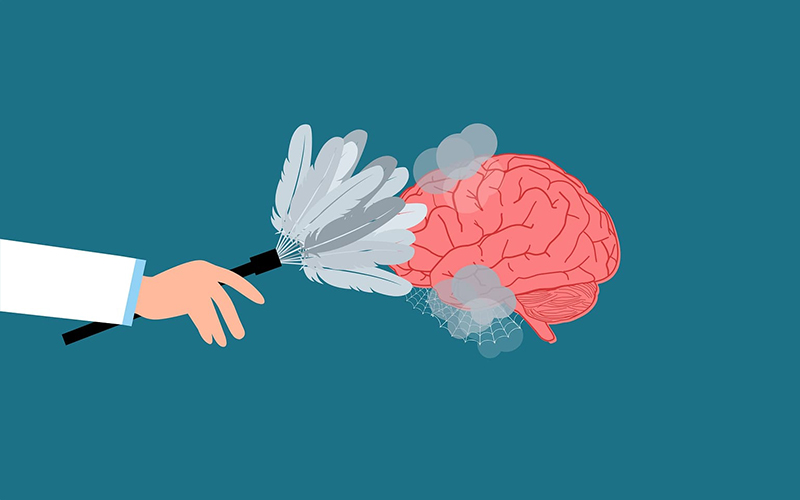Unveiling the Biopsychosocial Model: A Three-Part Exploration

Part 1: The Biological Landscape of Mental Health
The journey to understanding mental health has evolved from simplistic biological perspectives to a more holistic framework known as the Biopsychosocial Model. In the first part of this series, we delve into the intricate biological dimension of mental health, exploring how genetics, neurobiology, and brain structure contribute to our comprehension of mental health disorders.
Genetics and Mental Health:
Genetic factors play a key role in shaping an individual's vulnerability to mental health disorders. Recent advancements in genetic research have identified specific genes associated with conditions like schizophrenia, bipolar disorder, and major depressive disorder. Understanding the hereditary nature of mental health challenges allows for early identification of risk factors and more personalized treatment approaches.
Neurobiology and Neurotransmitters:
The brain's intricate network of neurotransmitters forms the foundation of our emotional and cognitive experiences. Imbalances in neurotransmitter levels, such as serotonin, dopamine, and norepinephrine, are often implicated in various mental health disorders. Medications targeting these imbalances, such as antidepressants and antipsychotics, illustrate the biological interventions aimed at restoring equilibrium and alleviating symptoms.
Structural Aspects of the Brain:
Advancements in neuroimaging technologies have provided unprecedented insights into the structural aspects of the brain in mental health disorders. Structural abnormalities, alterations in connectivity, and dysregulation in neural circuits are observed in conditions like depression, anxiety, and schizophrenia. Brain stimulation therapies, including electroconvulsive therapy (ECT) and transcranial magnetic stimulation (TMS), directly target these neurobiological factors to modulate brain activity.
Conclusion:
The biological dimension of the Biopsychosocial Model lays the groundwork for a nuanced understanding of mental health disorders. By acknowledging the role of genetics, neurobiology, and brain structure, we pave the way for targeted interventions that address the intricate biological tapestry influencing mental well-being.







